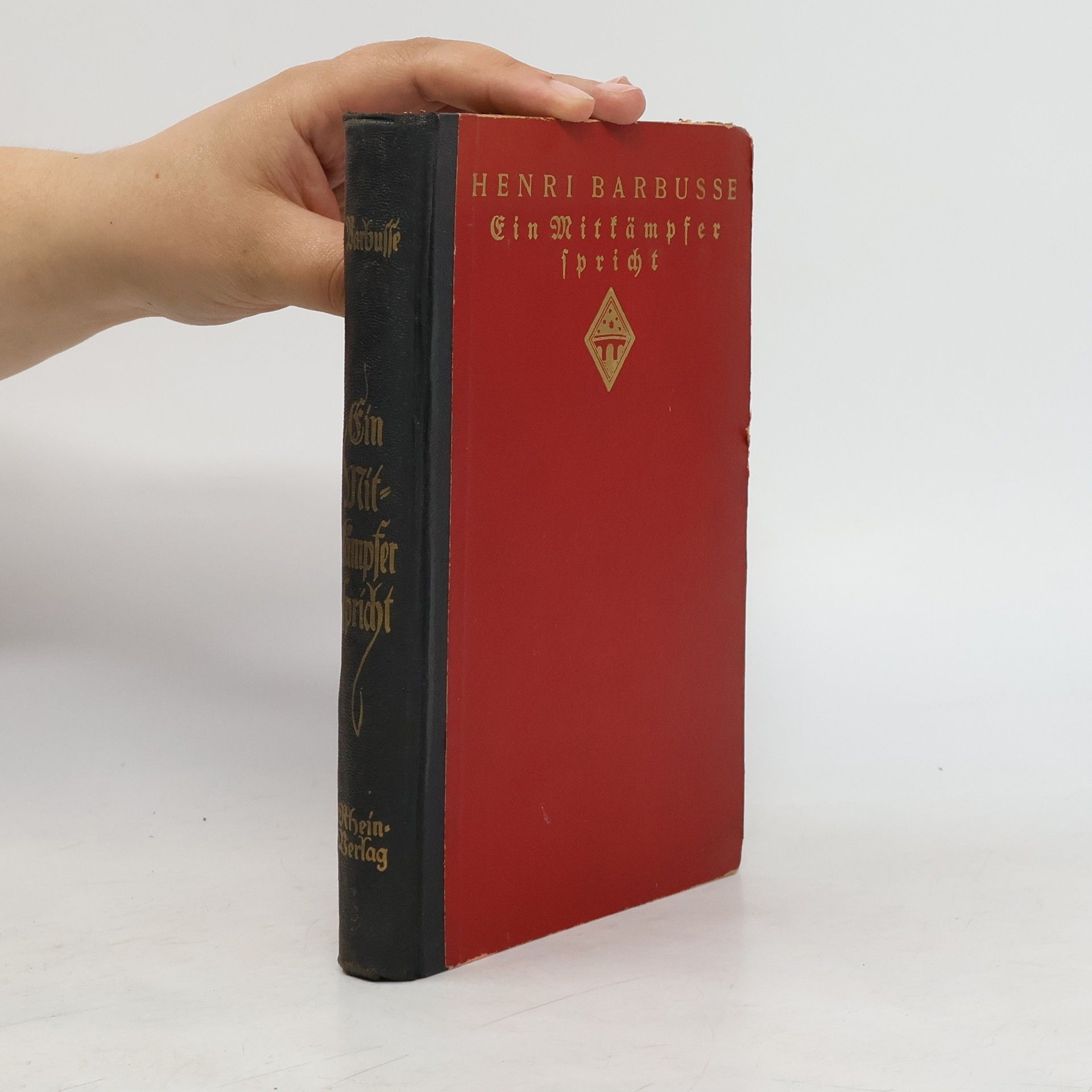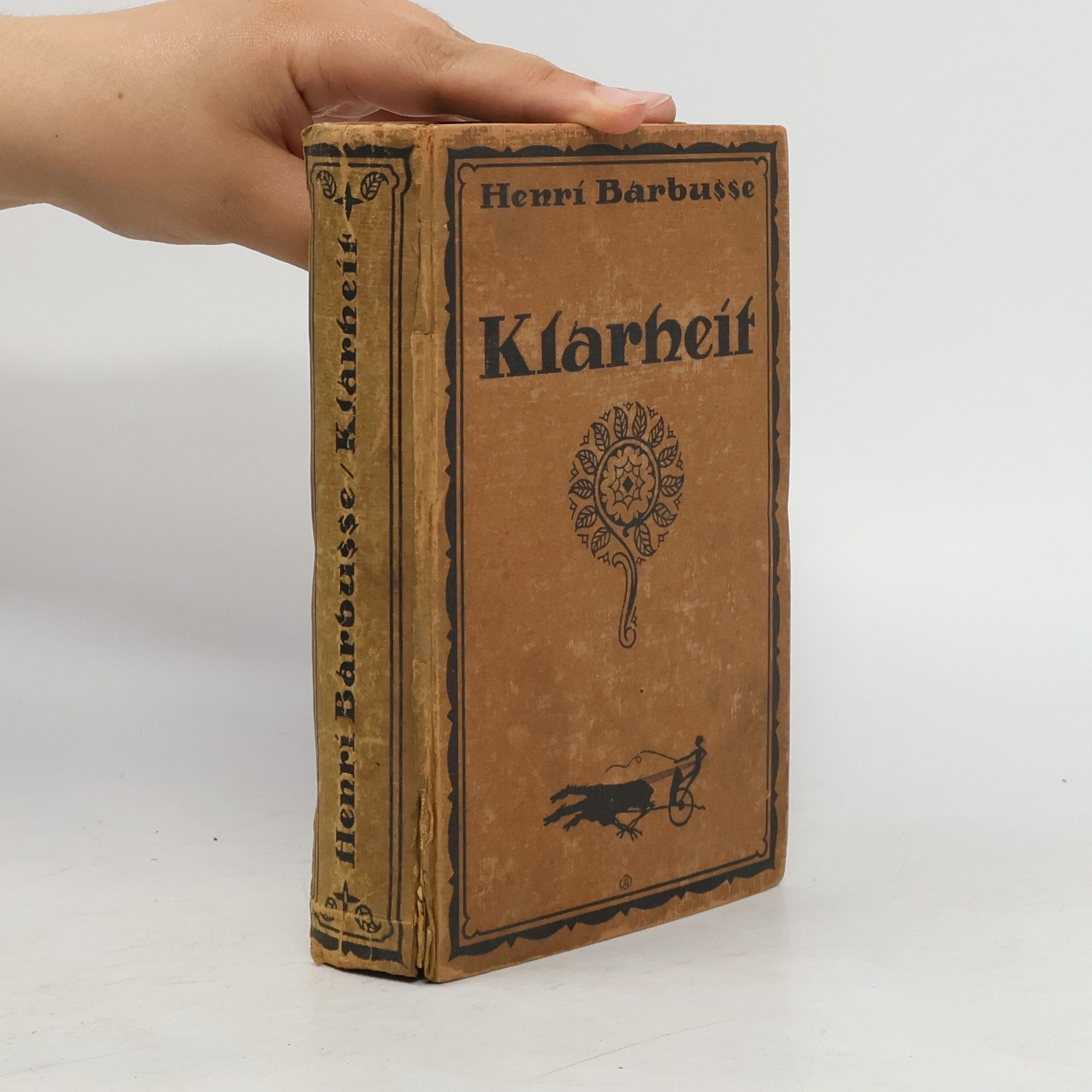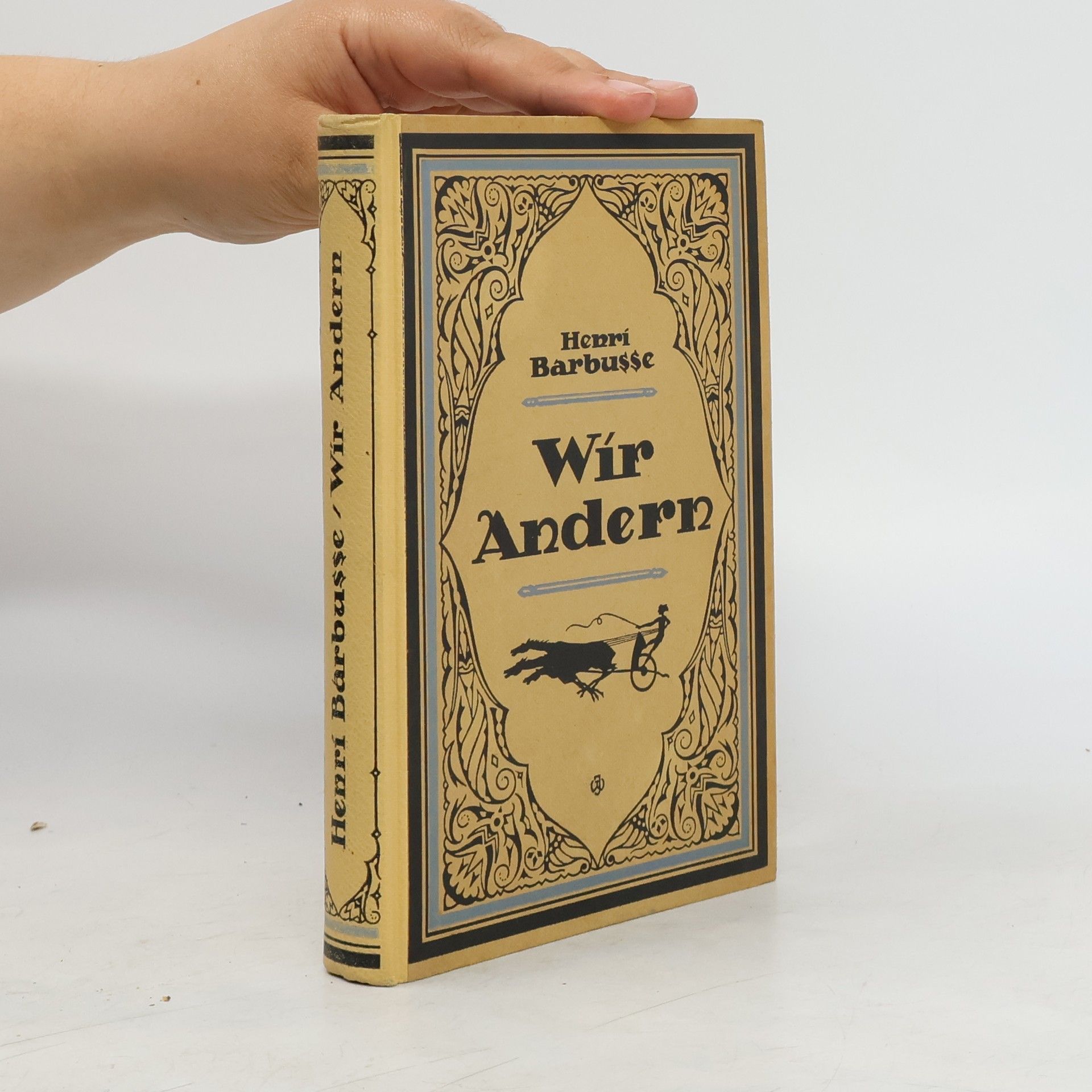Henri Barbusse, a French novelist and member of the Communist Party, was born in 1873 to a French father and English mother. He moved to Paris at 16 and later enlisted in the French Army during World War I at age 41. His service lasted 17 months, marked by multiple invalidations due to health issues. Barbusse's experiences in the war profoundly influenced his writing, and he was recognized for his bravery with the Croix de guerre in 1915. His lifelong friendship with Albert Einstein highlights his connections beyond literature.
Henri Barbusse Books
Henri Barbusse was a French novelist and soldier whose works offered a searing critique of militarism and imperialism. His most celebrated novel, drawn from his own wartime experiences, unflinchingly depicted the horrors of World War I with stark naturalism, becoming a powerful anti-war statement. Following the war, Barbusse became a fervent advocate for revolutionary ideals, channeling his writing into a passionate defense of social justice and resistance against oppression. He sought to define a proletarian literature that would reflect the working class's perspective and champion societal transformation.

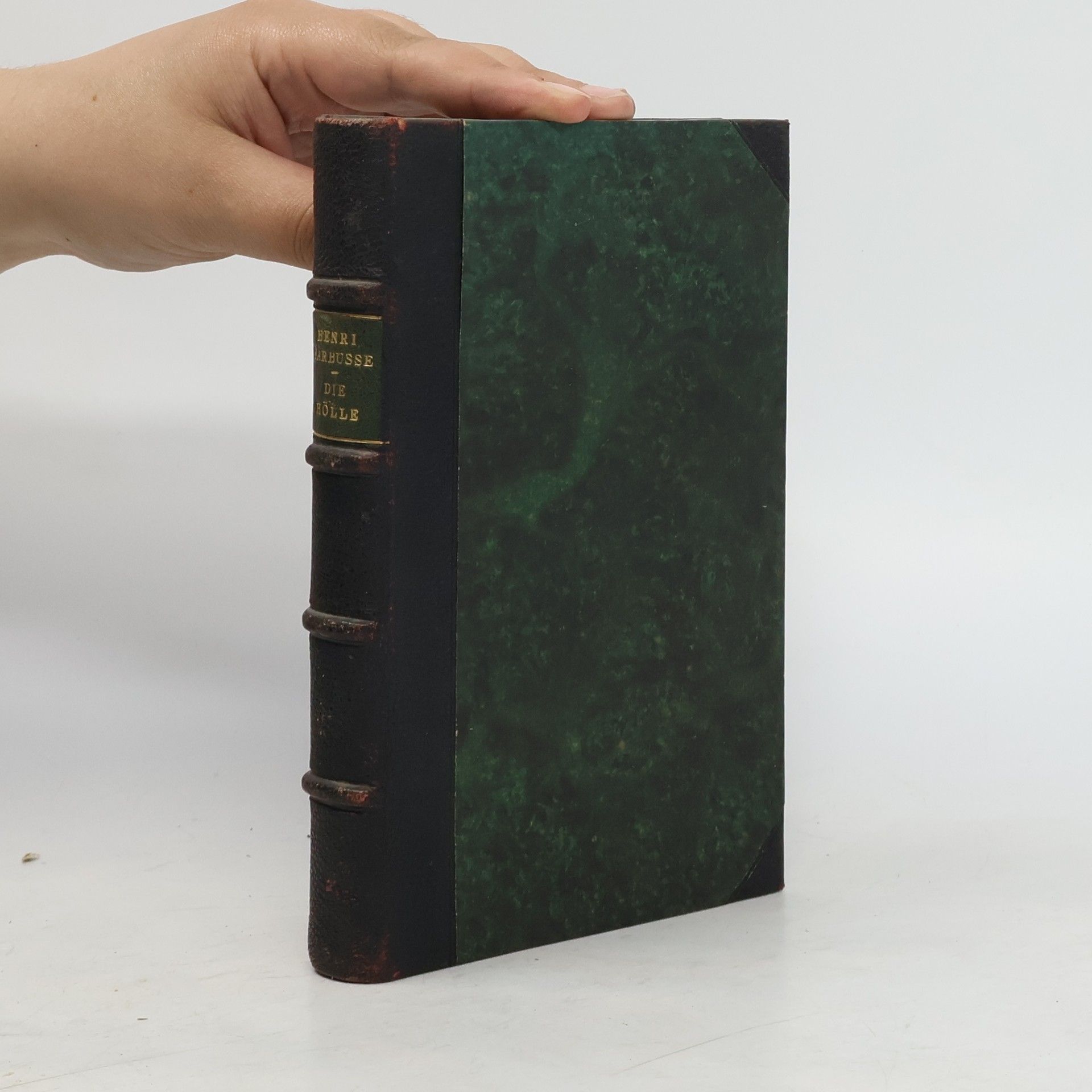
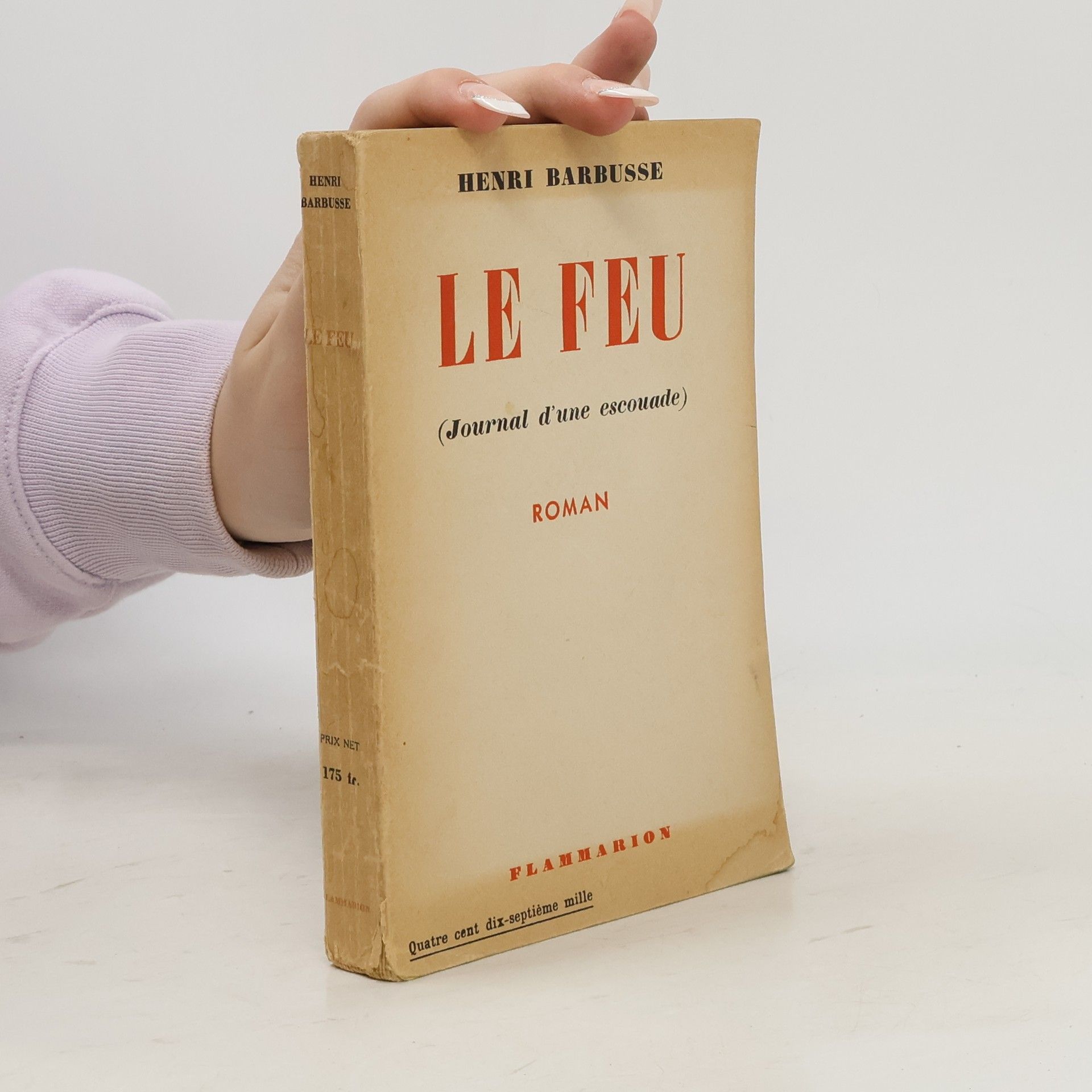
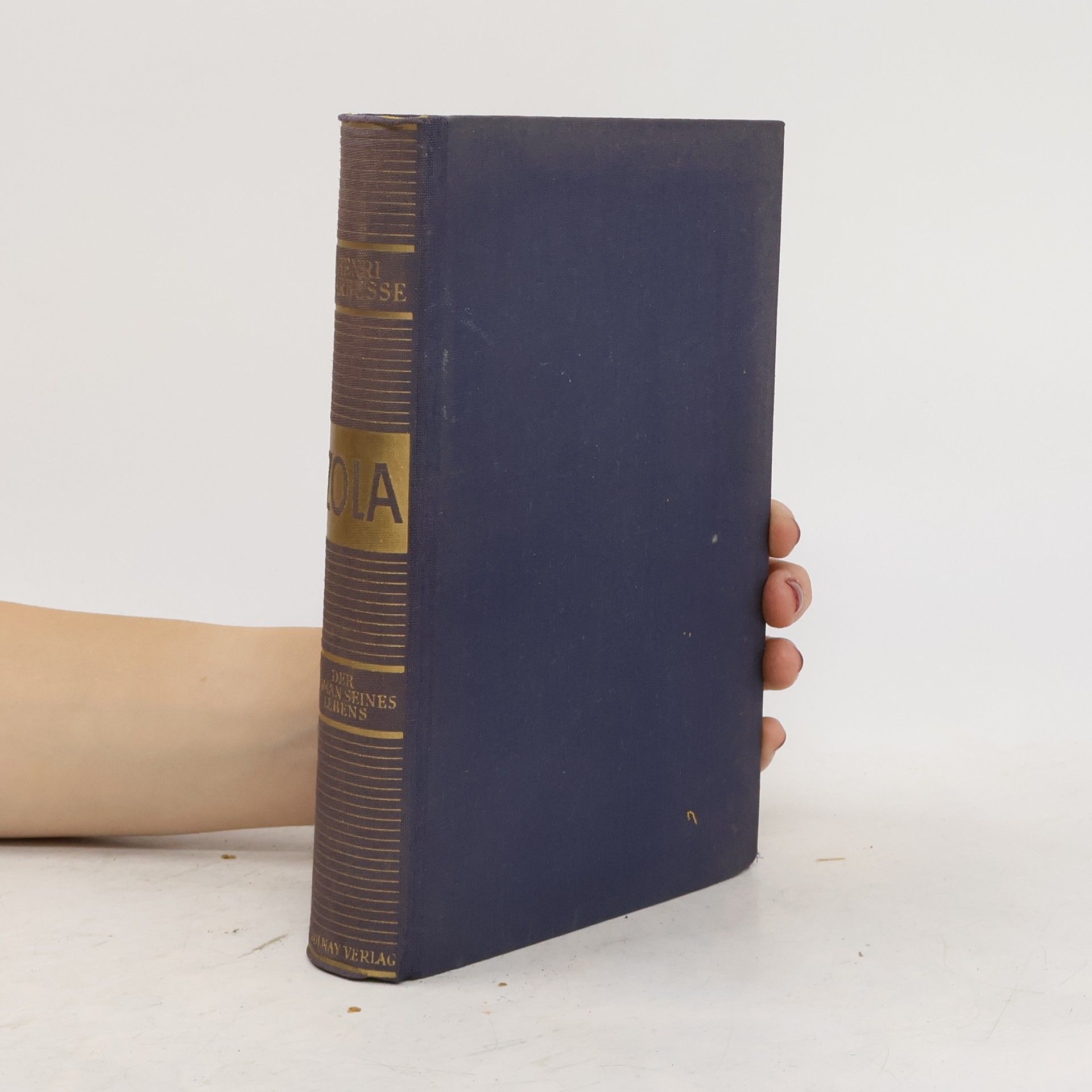



Hell
- 116 pages
- 5 hours of reading
Hell (1908) is a novel by Henri Barbusse. Immensely popular upon its publication in France, Hell earned Barbusse a reputation as a leading realist whose existential preoccupations predate the novels and plays of Samuel Beckett, Albert Camus, and Jean-Paul Sartre by several decades. His portrait of ennui, isolation, and urban life remains both stylistically and thematically fresh over a century after it appeared in print. "A whole world of human beings had passed here like smoke, leaving nothing white but the window. And I? I am a man like every other man, just as that evening was like every other evening." In this claustrophobic, lyric novel, an unnamed narrator moves into a rundown apartment in Paris. There, he grows increasingly isolated from the world outside, turning instead to the lives of his many neighbors. Through the thin walls, which contain a hidden peephole, he listens and watches as strangers conduct the secret dramas of their daily lives. Witnessing acts of adultery, lesbianism, incest, theft, and abuse, he grows increasingly dependent on the adrenaline rush of voyeurism, withdrawing further and further from the life of the bustling city. With a beautifully designed cover and professionally typeset manuscript, this edition of Henri Barbusse's Hell is a classic work of French literature reimagined for modern readers.
Henri Barbusse, a French novelist and Communist Party member, had a diverse background with a French father and English mother. He moved to Paris at 16 and later enlisted in the French Army during World War I at age 41. Serving on the western front for 17 months, he faced multiple health issues that led to his reassignment to a clerical role. His bravery was recognized with the Croix de guerre in 1915. Barbusse's experiences in the war deeply influenced his literary work and political views.
Les années 1915 et 1916 ont été, pour Henri Barbusse, décisives.C’est en 1915 qu’il a vécu Le Feu dans les tranchées du Soissonnais, de l’Argonne et de l’Artois, comme soldat d’escouade, puis comme brancardier au 231e régiment d’infanterie où il s’était engagé. C’est en 1916, au cours de son évacuation dans les hôpitaux, qu’il a écrit son livre. Celui-ci, publié par les Éditions Flammarion à la fin de novembre, remporta aussitôt après le prix Goncourt. Considéré dans le monde entier comme un des chefs-d’œuvre de la littérature de guerre, c’est un des témoignagesles plus vrais et les plus pathétiques des combattants de première ligne.Le Feu est suivi du Carnet de guerre qui permet de remonter aux sources mêmes de la création du roman épique d’Henri Barbusse.
